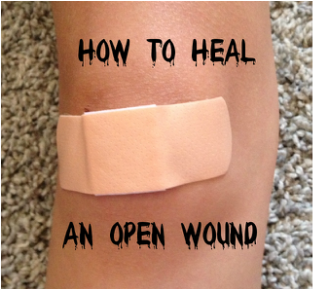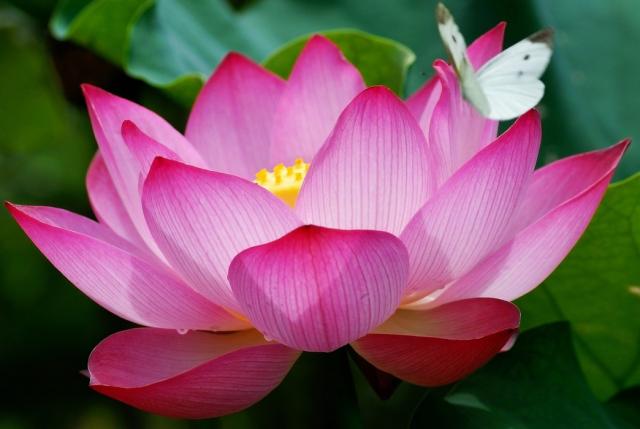How do we heal these open wounds? How can we move past something once and for all and not carry around the anger, the disappointment and the hurt? Sometimes we don't get the apology or the justice that we feel we rightfully deserve. What do we do then?
Let's talk about forgiveness. Forgiveness is a decision to release feelings of resentment or vengeance toward someone who has harmed you, regardless of whether they actually deserve your forgiveness. Fred Luskin, the director of the Stanford Forgiveness Project, has spent decades researching and teaching about forgiveness. Luskin emphasizes that forgiveness is not about forgetting, as the old adage would have us believe, but about letting go. It is about choosing positive emotions over negative ones. It is not about condoning or excusing offenses.
Forgiveness brings the forgiver peace of mind and frees us from corrosive anger, it heals the wound. As Buddha says, "Holding on to anger is like grasping a hot coal with the intent of throwing it at someone else; you are the one getting burned. " Forgiveness isn't for the other it's for ourselves. It empowers you to recognize the pain you suffered without letting that pain define you, enabling you to heal and to move on with life.
Forgiveness is also about the ability to make peace with the word "no". I wanted something that I did not get (respect, inclusion, acceptance). The essence of forgiveness is to be resilient, when you don't get what you want. After grieving, be at peace with not getting what you wanted.
We often think of forgiveness as a kind act, an act of mercy or compassion extended to someone who wronged us. Although that may be true, research over the past few decades shows enormous personal benefits to forgiveness as well. We've probably all heard that forgiveness is medicine. According to research, here are some of the most compelling ways forgiveness is good for us.
-Forgiveness makes us happier. Research suggests not only that happy people are more likely to forgive, but that forgiving others can make people feel happy.
-Forgiveness improves our health. When we dwell on grudges, our blood pressure and heart rate spike, signs of stress which damage the body. When we forgive, our stress levels drop. Studies also suggest that holding grudges might compromise our immune system, making us less resistant to illness.
-Forgiveness sustains relationships. Studies suggest that forgiveness can repair our relationships before they degrade and dissolve.
-Forgiveness boosts kindness and connectedness.
-Forgiveness increases spirituality.
Forgiveness is a choice, a practice, a trainable skill and it's a process. Forgiving doesn't usually happen instantly, it's a process. Depending on the circumstance, It can take time and effort to achieve. The more we practice it, the easier it becomes.
I've found that at times it's easier to forgive others than it is to forgive myself. I think that's true for a lot of us. We tend to have high expectations for ourselves and if we feel that we have screwed up then it's hard to let it go. We make a choice to keep beating ourselves up over and over.
One tool that I've found to be helpful to me is to use a three direction forgiveness meditation. The three directions are to meditate on asking for forgiveness from others, extending forgiveness to yourself, and offering forgiveness for those who have hurt or harmed you. With each meditation, you spend time envisioning the act of hurting, seeing and feeling the pain, looking at it from all different perspectives, and then choosing to release the hurt and allowing for forgiveness. This tool has been useful to me as I practice building my forgiveness muscle. Some wounds require multiple meditations in order for them to thoroughly heal.
Instead of focusing on your wounded feelings, and thereby giving your power over to the person who caused you pain, learn to look for the love, beauty, and kindness around you. Put more energy into appreciating what you have rather than attending to what you do not have. Remember that a life well lived is your best revenge anyway.
I firmly believe that we each need to answer to our actions, good or bad. If I've injured someone, I will eventually feel that pain in some way shape or form. I don't need to hold onto the injustice of someone's actions toward me. It's the Universe's job....God's job to take care of that, not mine. This helps me to let it go, to forgive so that I can live in the place of my choosing. A place of love and gratitude, not one of anger and resentment.
Do you extend forgiveness easily to yourself and to others? How do you go about getting to a place of forgiveness? I would love to hear your thoughts and ideas!

 RSS Feed
RSS Feed
